I'll post those missing comics sometime soon, but in the meantime, here's the October comic - featuring my friend Andrew. You can read more about Andrew here. See you in the neighbourhood!
|
Every month (just about), I write a comic for my community newsletter, and when I remember to do it, I post the comics here. I just took a look at my blog, and realized I've missed posting the past few comics. I'll have to remedy this, soon! Especially because a few of the 2018 Ramsay newsletter comics weren't actually by me, but were submitted by a few wonderful artists-in-residence who shared their own neighbourhood stories with Ramsay readers.
I'll post those missing comics sometime soon, but in the meantime, here's the October comic - featuring my friend Andrew. You can read more about Andrew here. See you in the neighbourhood!
1 Comment
A few days ago, my friend died.
I had some drawings of him, and I thought I'd post them here for people who, like me, are missing him. Then I thought that the pictures needed some context, and so this ended up turning into a long blog post, much more than I was planning to write. Feel free to skim through, if you're just looking for pictures. I think this writing was as much for me - for my own need to make sense of things - as for anyone else. After you turn the page
Upon learning of my friend's death, which was sudden and unexpected, I'm feeling like that: like a reader who just turned the page, and was astonished to discover that it was the last page. I wasn't ready for this story to be over.
I can read his old tweets and watch his Youtube videos. I can look through my old sketchbooks and find drawings of him. But that's all secondary to the real thing, the real story of the real Andrew.
I don't remember the joke that caused the friend who introduced us, to call him Andrew Ross. (Something about a Scottish clan??) But he was introduced to me with that joking name, and I didn't actually find out what his real surname was, for a year or so. As a result, the name stuck (and I see that it's mentioned in a lot of these old pictures).
In 2002 I had this idea to draw thumbnails of all the people I knew and put the pictures up on a website with a brief update about them. (So, yes, I invented Facebook.) Here's the entry I made for Andrew. We both thought about writing fiction back then. Here's a sketch of Andrew telling me about his "story of the 3000-year-old man." I think this was less of a real writing project and more of a way for him to document his reflections on history and the changing/unchanging nature of things.
I remember thinking of the 3000-year-old man when I read this tweet, written a long time after.
In recent years, Andrew's Twitter followers got to know and enjoy his #OTD tweets, in which he'd draw attention to a historical event of note that had happened "On This Date" in the past, and then suggest a present-day way to celebrate it.
I think these started out as a way to engage students with history, using digital technology - something that Andrew excelled at. Increasingly, though, he used his #OTD tweets to advance suggestions for political and social changes he was passionate about.
He somehow still managed to make them funny.
The Scholemaster
Andrew was one of those rare people who not only dreamt about what he wanted to do, but actually did it. The other thing I learned about Andrew upon first meeting him (besides the wrong surname) was that he was "the Shakespeare guy." I wonder how many aspiring English scholars decide they'll be Shakespeare guys, too - after all, Shakespeare probably seems like a pretty safe bet as far as literary subjects go. But there's only so much demand for Shakespeare guys, and as Andrew found in his years as an adjunct prof, it's not a steady or predictable career path. But Andrew was and remained a Shakespeare guy, broadening his expertise along the way. What does it tell you about him, that I found a good summary of his publications/research on a website called "Whores of Yore?" (I always enjoyed his retweets fromthis account, by the way.)
He received his PhD from the University of Guelph in 2012, where his dissertation work was on the representation of the rapist on the early modern stage. He has published or presented on Elizabethan brothels, sexual identity in the early modern period, sexual violence and pedagogy, early modern prison writing, masculinity in film, Shakespeare on the radio, and digital approaches to teaching medieval and early modern literature.
In a 2014 article, Andrew wrote about how an understanding of history and literature was relevant to an understanding of a contemporary culture of masculine sexual violence on university campuses. I love how he made a great case for the importance of studying old texts, from this angle. And, I also love that he pointed out that we have the power to do what we want with that knowledge: we can use it as a tool for reinforcing the way things are, or as a tool for change.
Sometimes I wondered if he was cynical, or hopeful, about the way things were going.
Ok, so that was a lot of scholarly stuff, but if that was boring and inaccessible, it doesn't do him justice. Andrew was an award-winning teacher, and one of his popular teaching tools was a video podcast series called The Scholemaster. The ones I like best are the short videos in which he answers questions from his students, about himself ("Do you like any sports?" "No"). But the other videos, full of historical and literary info for his students, are also wonderful, and the pop-culture references are sometimes hilarious. Here are two - the first one is about how the history of prostitution contributed to modern popular culture, and the second one is about why English teachers make students read Shakespeare.
My own (minor) academic pursuits owed a lot to Andrew's support. For me, too, he was a mentor. In 2006, he helped to organize the University of Calgary's Free Exchange Graduate Conference (of which I can no longer find anything online), and invited me to participate. I remember that my talk was called "Why Don't Grown-Up Books have Pictures?" and being able to present it was a giant confidence-builder for me. Later, when I wrote an actual scholarly paper which (of course) was accompanied by a comic (it's me, after all), I put Andrew in the comic (below). He was my go-to person for all questions academic. He read everything I sent him, checked my citations, and, as recently as this year, kept on looking up articles for me in that tantalizing secret database only university people get to use. That's a true friend.
A few pages from the drawing book
But strange as it may sound, although Andrew and I shared an interest in literature, that always felt secondary to the real reason we were friends, which was just because we were friends. Here's a 2005-ish sketch during a conversation in which Andrew was helping to boost my spirits at a time when I was feeling down.
But, of course, it wasn't all philosophy and art. We also just hung out. We went to movies, for example. Here are some other sketches I found from the early 2000's.
I remember drawing this last picture while we half-heartedly studied French at Higher Ground Cafe in Kensington (Andrew, as part of his M.A. coursework, I think... and me, for those dreaded Air Canada language tests I had to do, to keep my route language qualifications as a flight attendant). Reference to the "Galerie du Nuit" included here for old-time Calgarian scenesters (see beginning of this blog).
Around the same time, Andrew met his future wife. So we dissolved our "club," but luckily we kept the good rapport and abiilty to really talk about relationship ups and downs - a connection I know I appreciated a lot, in our talks over the past year or so.
Andrew was the friend around whom the other friends gathered. He'd just call us up and we'd all congregate at the Hop In Brew or at someone's smoky apartment. As significant others appeared in all our lives, they all joined in and were made to feel welcome. I drew this comic about Andrew and Cindy's anniversary celebration (2005 or 2006, I think?) (I also posted this little story in a blog about Leonard Cohen, in 2016).
I'm not a biographer, a colleague, a member of Andrew's family - I'm just a frend, and this is just a list of my memories about someone who was always nice to me, right up until the last time we met, in July of this year. These were the pictures I took of him, then (it may amuse you to learn that the person he was conversing with so expressively, was my 4-year-old).
Way back at the beginning, I wrote about the shock - the feeling of bereftness - that happens after you turn over the last page of a book you loved. I think that writing this essay or whatever you might call it, is my way of keeping those echoes of Andrew's life story around me, for as long as possible, after turning the page and discovering that I'd just finished the last chapter.
Now that I've compared his life to a book, I can't help wondering how Andrew, the scholar, would have analyzed that text - the text of his life? What would he have said about the fact that his readers weren't prepared for this unexpected and highly unsatisfactory ending to the story? Would he have told us that we should have been paying closer attention to the text? But Andrew was a theatre guy, perhaps before anything else. Drama - timing - the element of surprise - he had all this at his fingertips. Maybe the idea of a surprise ending was more in keeping with his philosophy, than anyone knew. Let me just apologize for my flawed and foolish metaphor, comparing Andrew's life to a story in a book, or a play. It's dumb, I know. But, I also hope he might have got a kick out of it? Here's the ending I'd expected: Andrew becomes an old, wise, cantankerous professor in an elbow-patched cardigan and a white beard, surrounded by old books and old friends (both animal and human). The elderly Andrew would have reflected, like Tennyson's Ulysses, on his own life - quoting aloud, perhaps, in that mock-affected, read-aloud, theatre-projection-style voice that he could just turn on: "All times I have enjoy’d
I know - I should have quoted some Early Modern poet, not Tennyson. I always think of Ulysses, mostly because it's the only poem I can ever remember well enough to quote anymore, these days... but also because I was thinking about how Andrew felt things deeply, and how much he enjoyed the physical experience of being alive. But when I read this quote now, I'm struck more by the phrase, "those that loved me." There are just so many of us - those of us that loved him. I'm looking at the online responses to the announcement of Andrew's death on Twitter, and at the comments on the GoFundMe page where his family is raising money for a scholarship in his memory - and I'm finding so many of us: those that loved Andrew. Even the @Shakespeare Twitter account said as much, the day after Andrew's death:
This comment on the GoFundMe page is another example of what made Andrew such a valuable mentor and friend. I love that this person took the time to share this story, and I hope she doesn't mind me re-posting it here:
Andrew smiled at me at the plenary talk of my first SAA. I was nervous to be at my first Shakespeare conference where I didn't know anyone and was extremely intimidated by all the people in the room. I tried to talk to him after the talk was over, but I lost him in the crowd. It may sound trivial, but at that moment I really appreciated the smile from a stranger, so much so that I remembered what he looked like to this day. I am saddened that I have only now learned his name. I send my sincerest condolences to Andrew's family and loved ones for their great loss. All I knew of Andrew in the briefest interaction I shared with him was that he seemed kind. Now I know him to have been greatly loved.
I feel like I love those people, too - these online friends of Andrew whom I've never met, the people I'm realizing I've been thinking about as "Those that loved Andrew." I want to write to them all, hug them all, thank them for having been there, being part of his story, so many parts I didn't even know about, so many people affirming what I also felt about him. That he was loved.
I hope he knew that, too.
And now: go to the scholarship fundraiser page. It's a perfect way to honour Andew.
#OTD in 2018, celebrate by making a donation and helping his story to continue beyond that last page. |
sam hesterI am a graphic recorder based in Calgary. I like local stories. I write comics when I have free time. And I leave eraser shavings everywhere I go. Looking for a
|
archives
October 2023
February 2023
January 2023
December 2020
December 2018
October 2018
September 2018
April 2018
March 2018
February 2018
December 2017
November 2017
October 2017
September 2017
July 2017
June 2017
April 2017
March 2017
January 2017
December 2016
November 2016
October 2016
September 2016
July 2016
June 2016
May 2016
April 2016
March 2016
September 2015
August 2015
July 2015
June 2015
April 2015
February 2015
January 2015
December 2014
November 2014
October 2014
September 2014
August 2014
June 2014
May 2014
April 2014
March 2014
February 2014
January 2014
December 2013
November 2013
October 2013
September 2013
August 2013
July 2013
June 2013
May 2013
April 2013
March 2013
February 2013
January 2013
December 2012
November 2012
October 2012
September 2012
Some nice things people said about my work:
“If Breitkreuz and Foong [founders of the Calgary Comics & Entertainment Expo] represent the Type-A side of Calgary's self-publishing community, Hester may be the community's right brain.” – Tom Babin, FFWD Magazine
“…A strong graphic style similar to other autobiographically-inclined Canadian cartoonists like Chester Brown and Julie Doucet.” – Gilbert Bouchard, Edmonton Journal
The 23rd Story: an indie comics creator's tales of life in Calgary
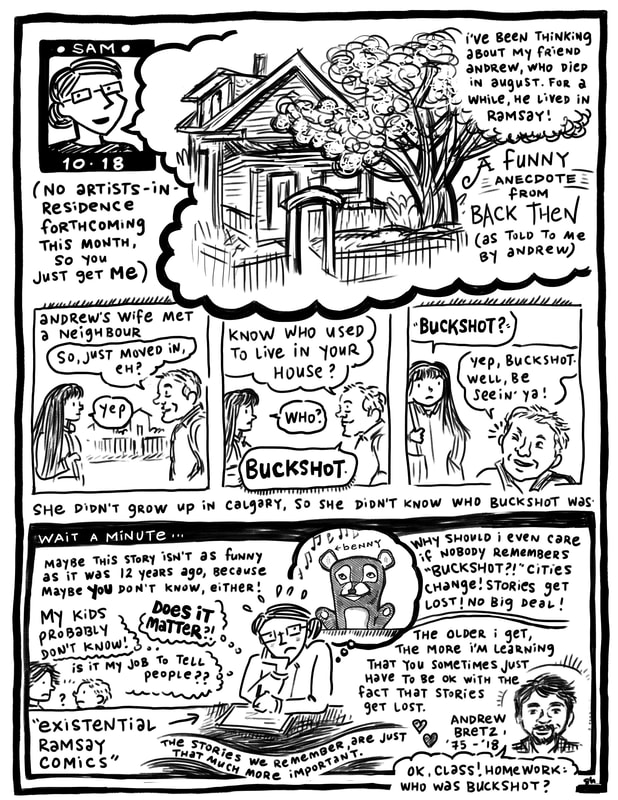
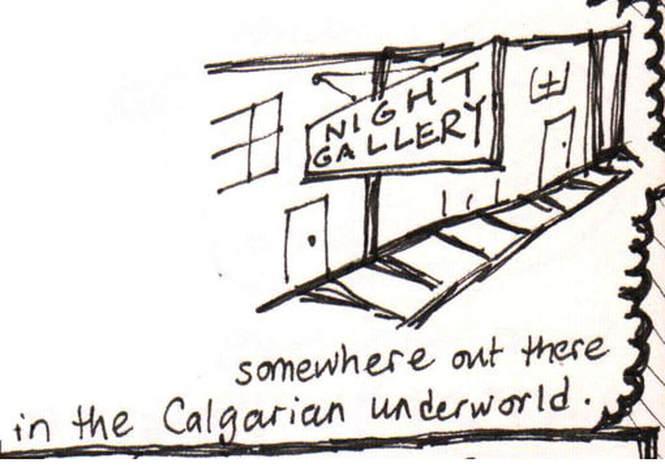
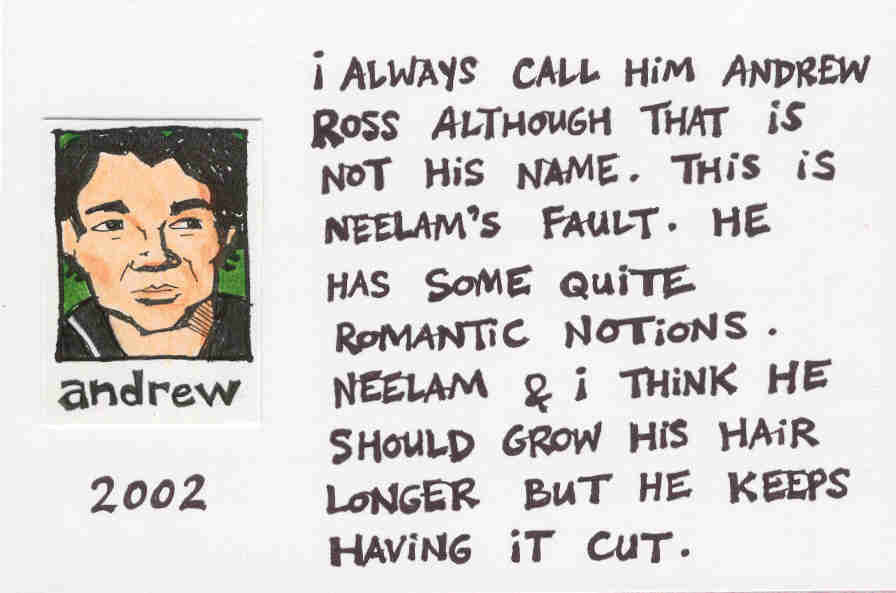
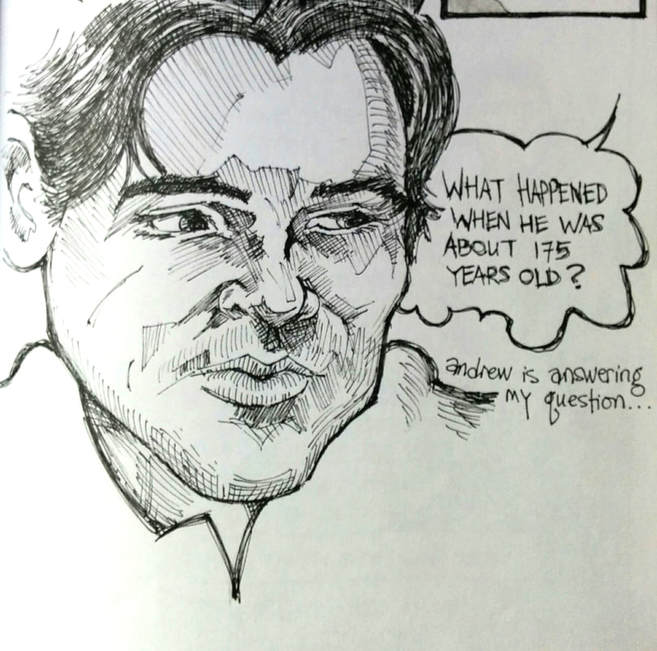
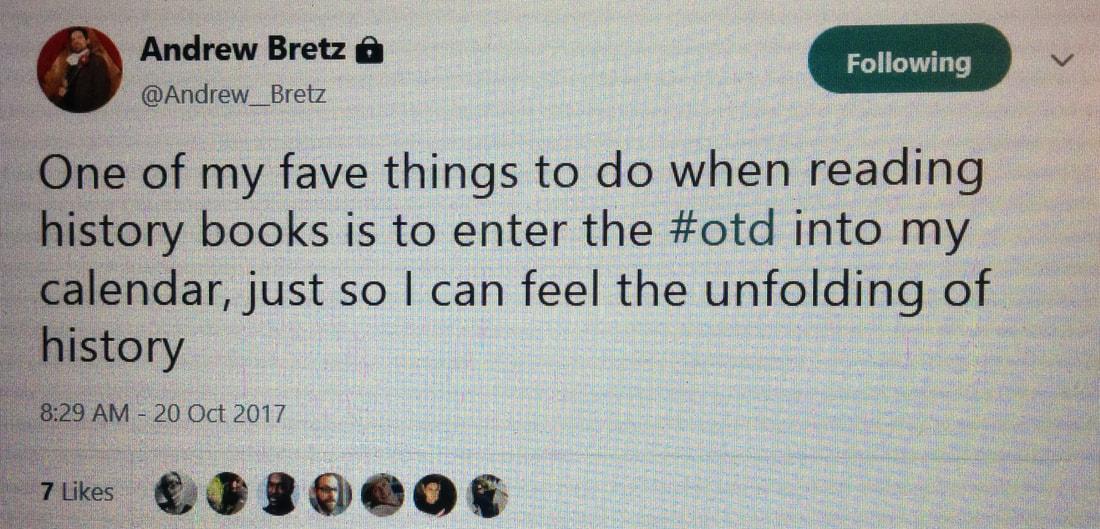
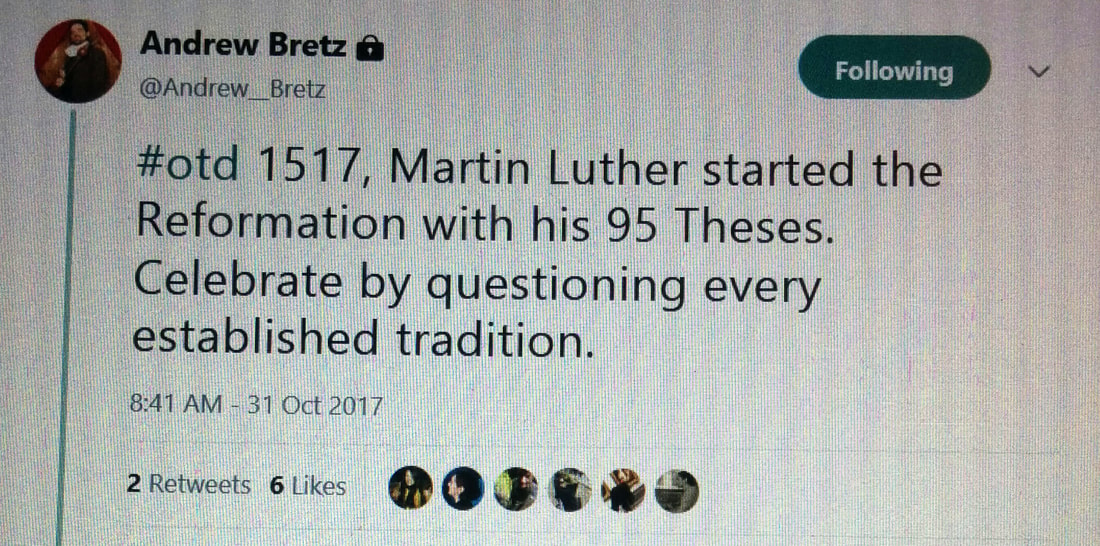
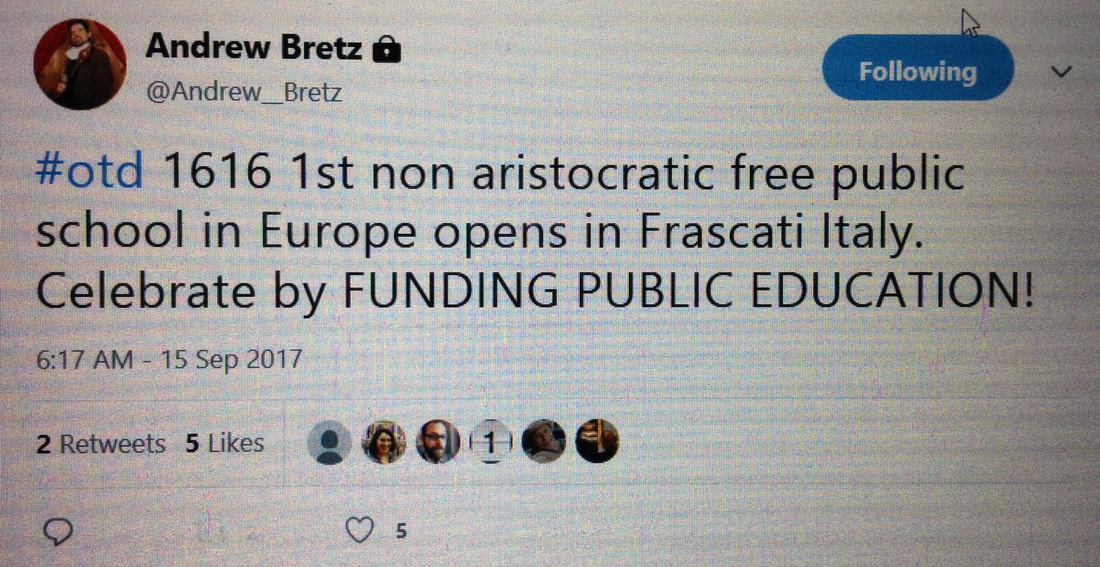
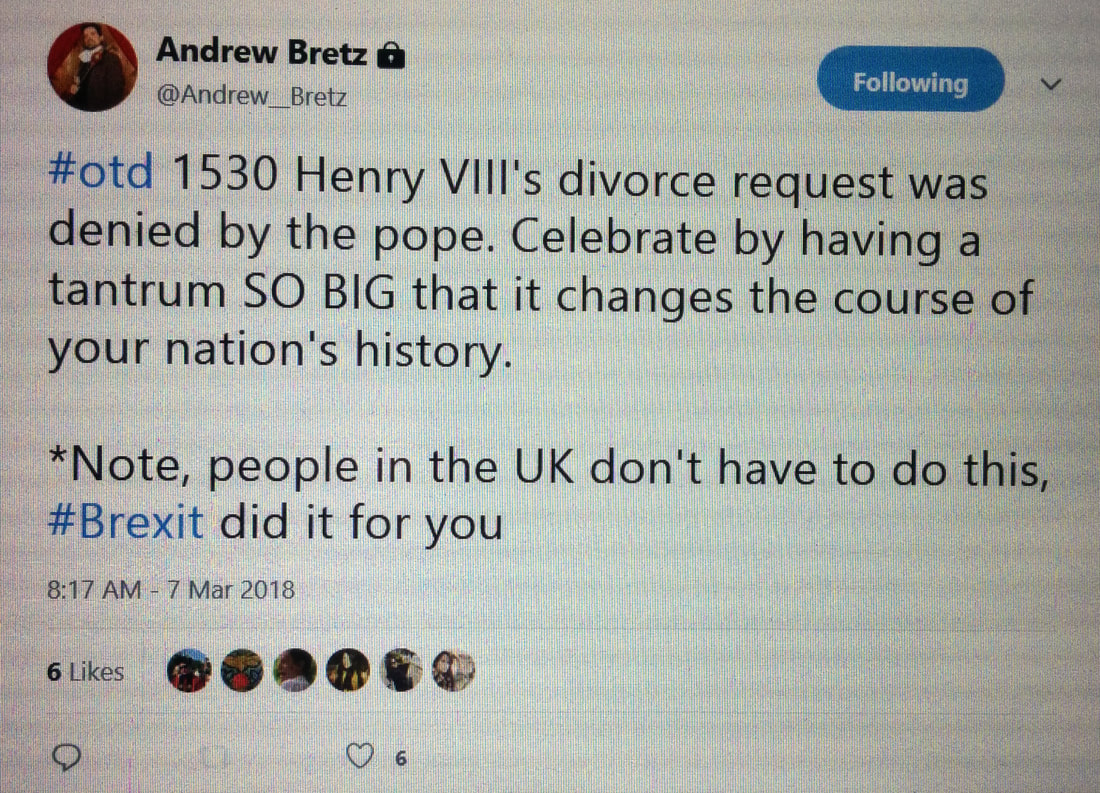
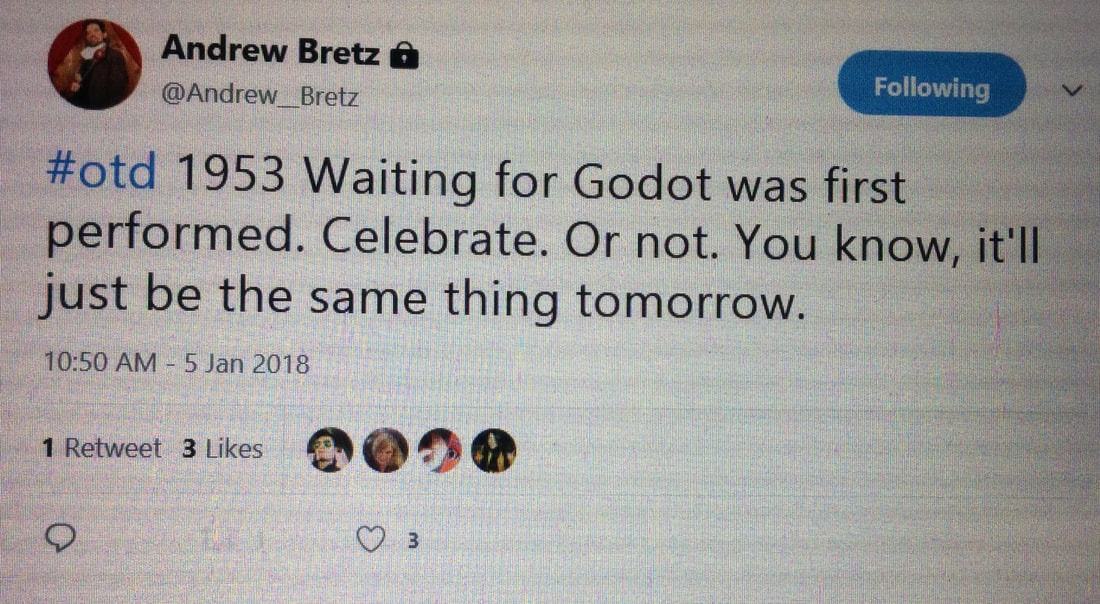
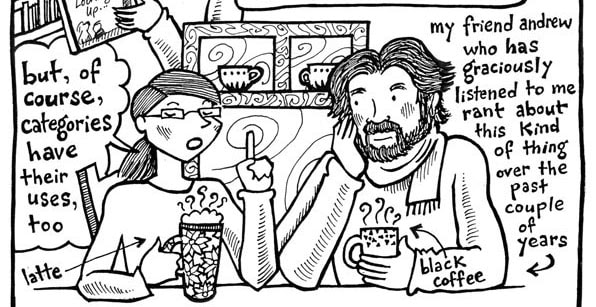
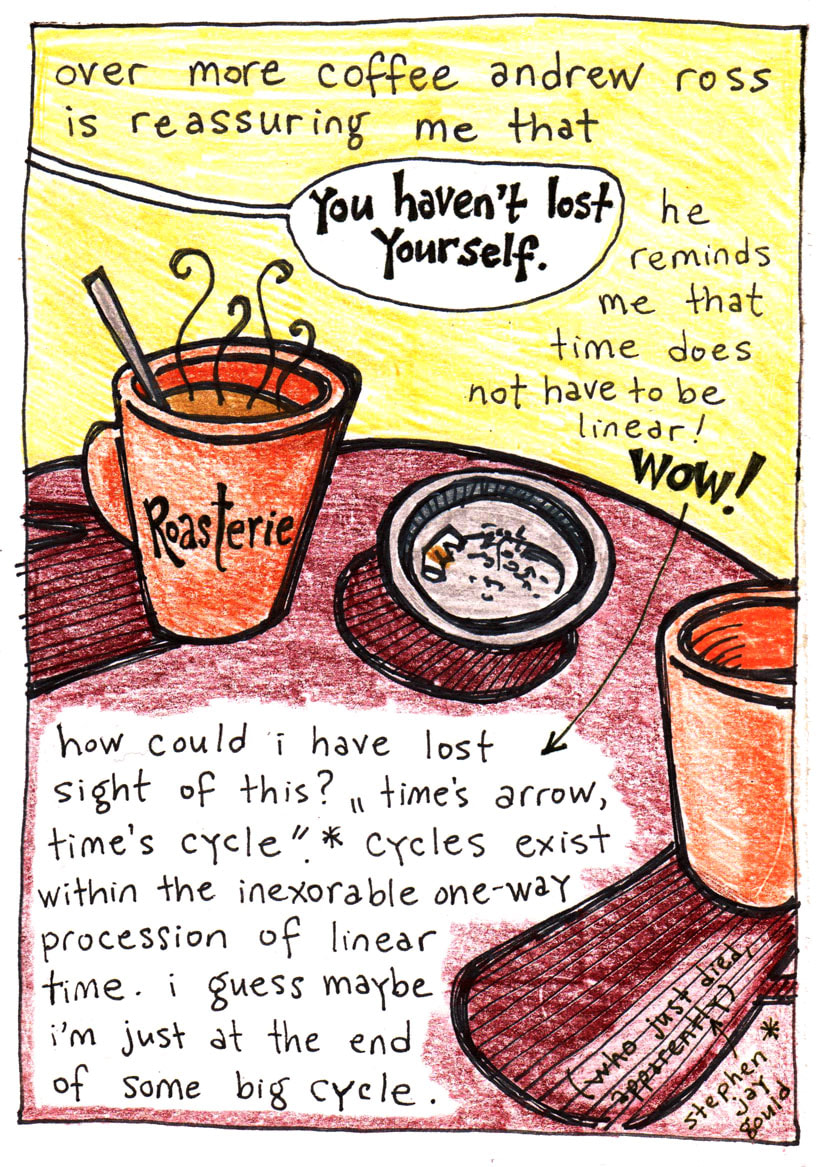
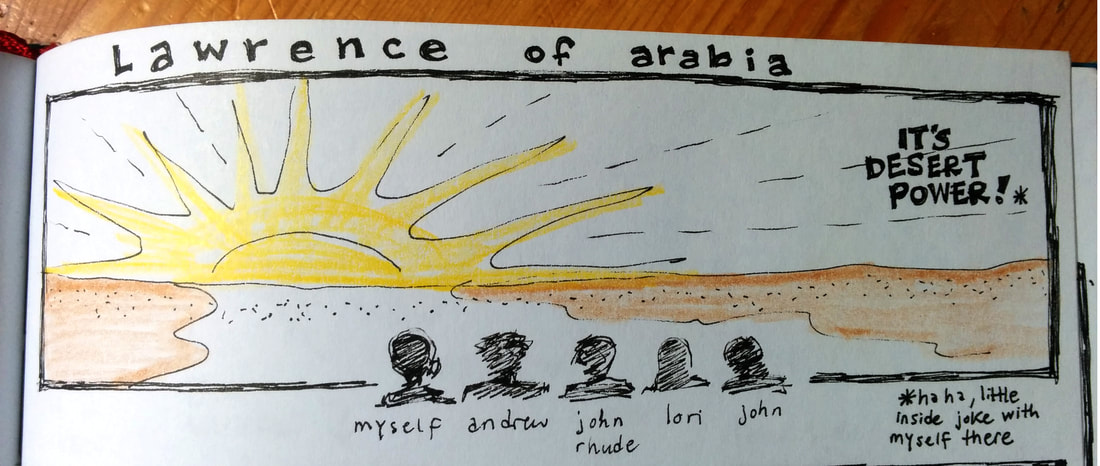
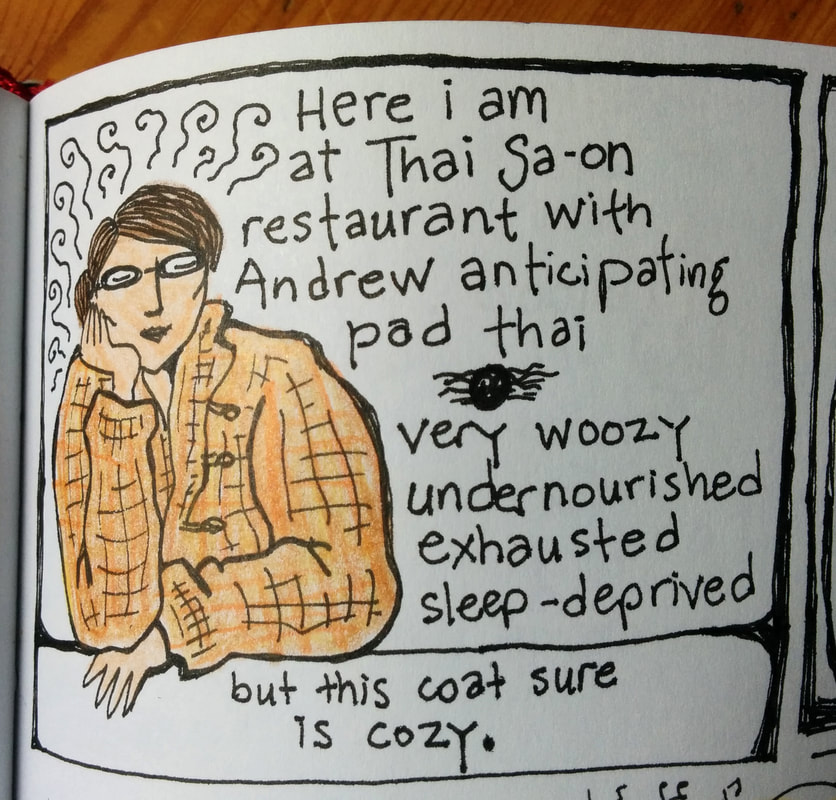
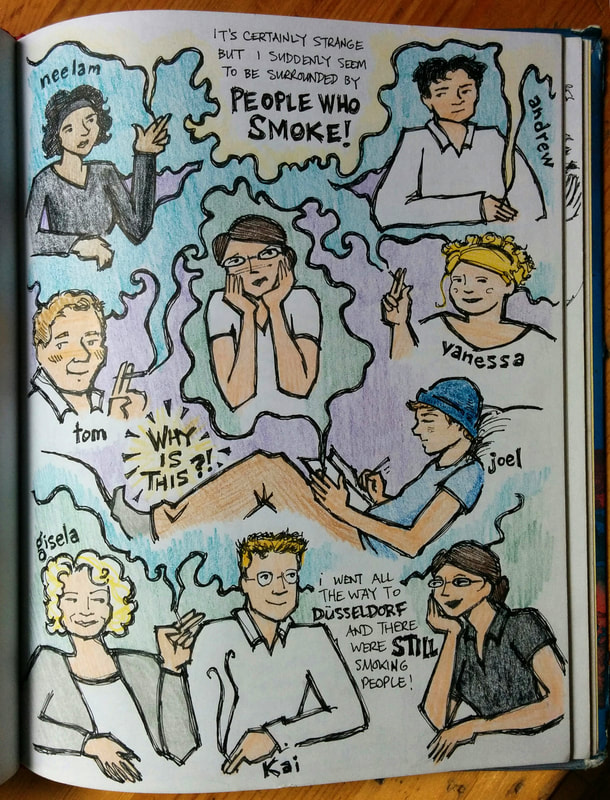
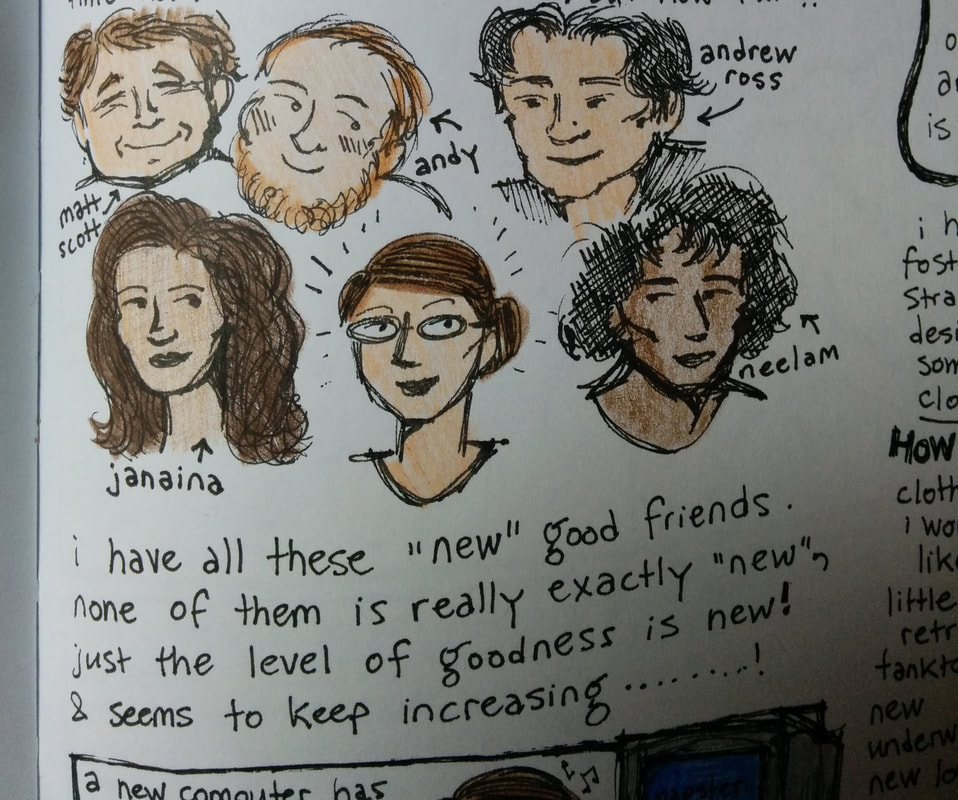
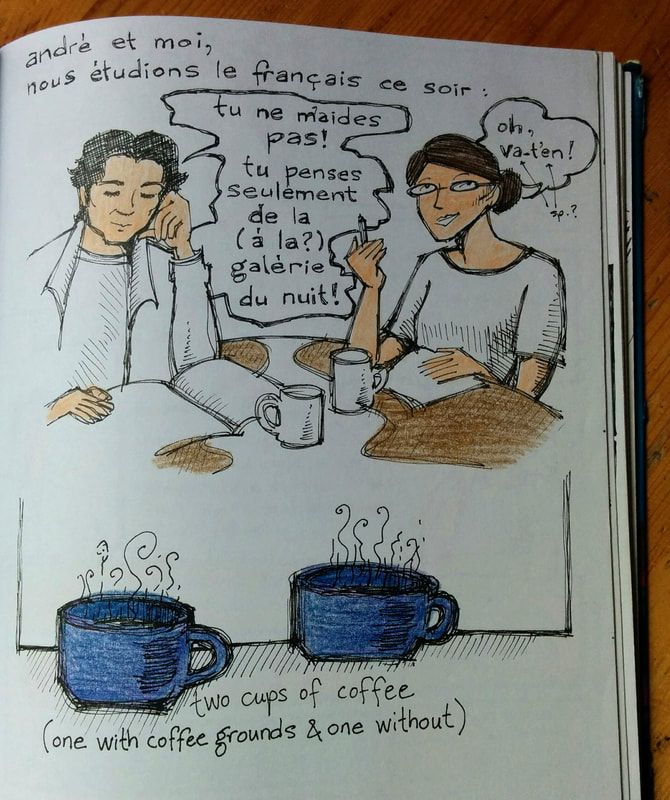
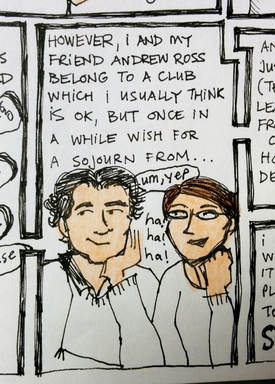
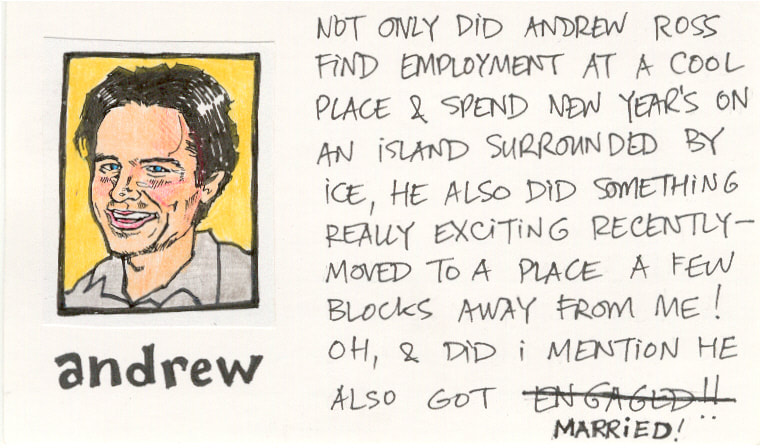
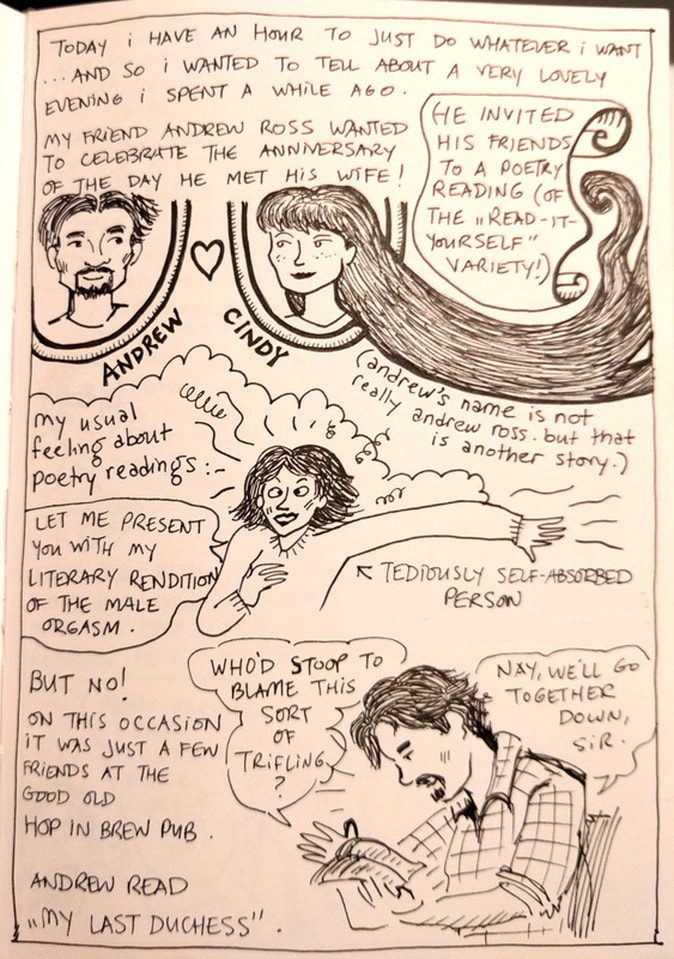
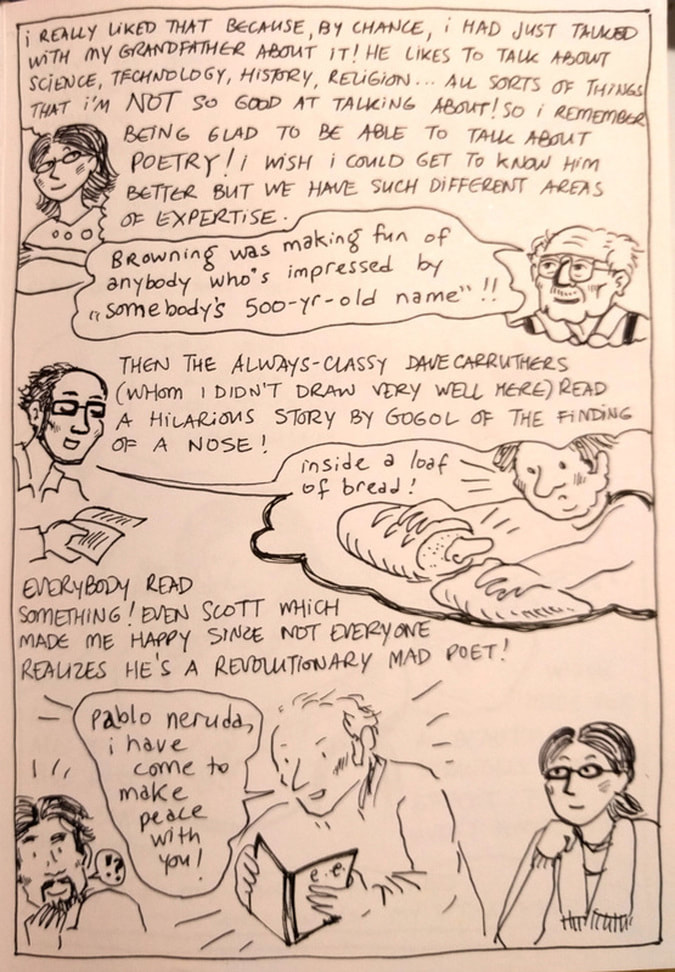
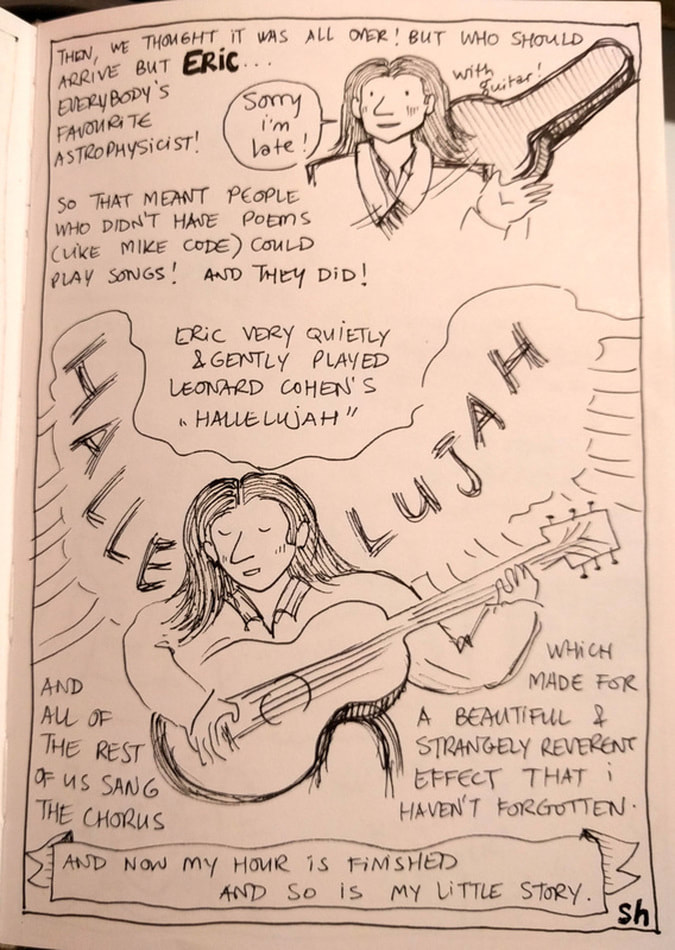
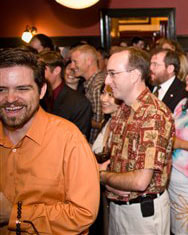
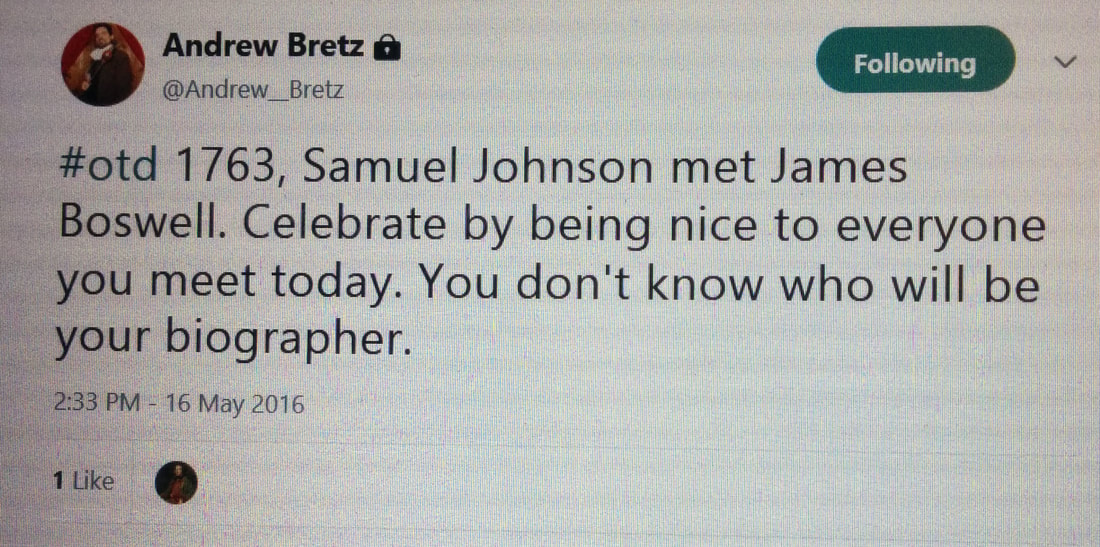
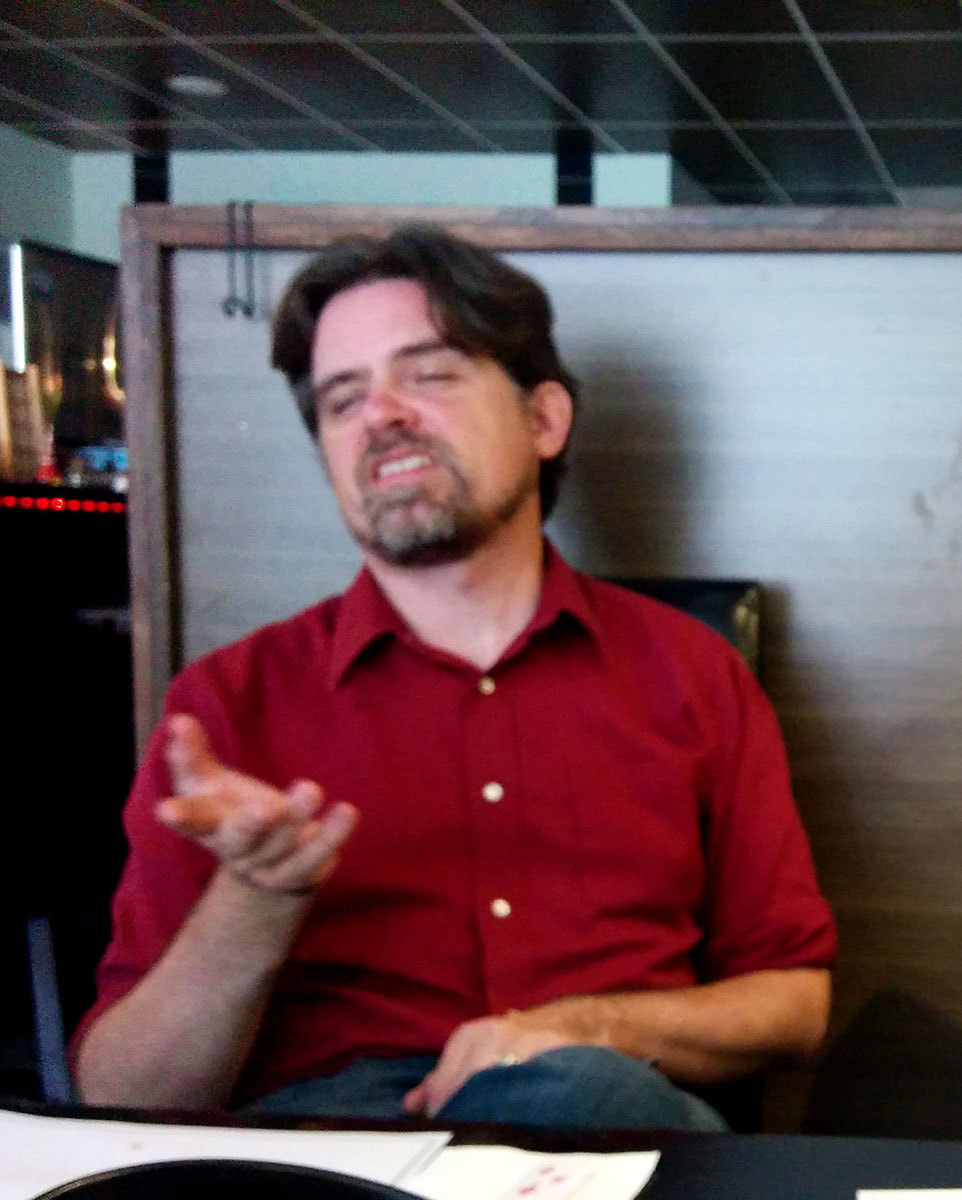
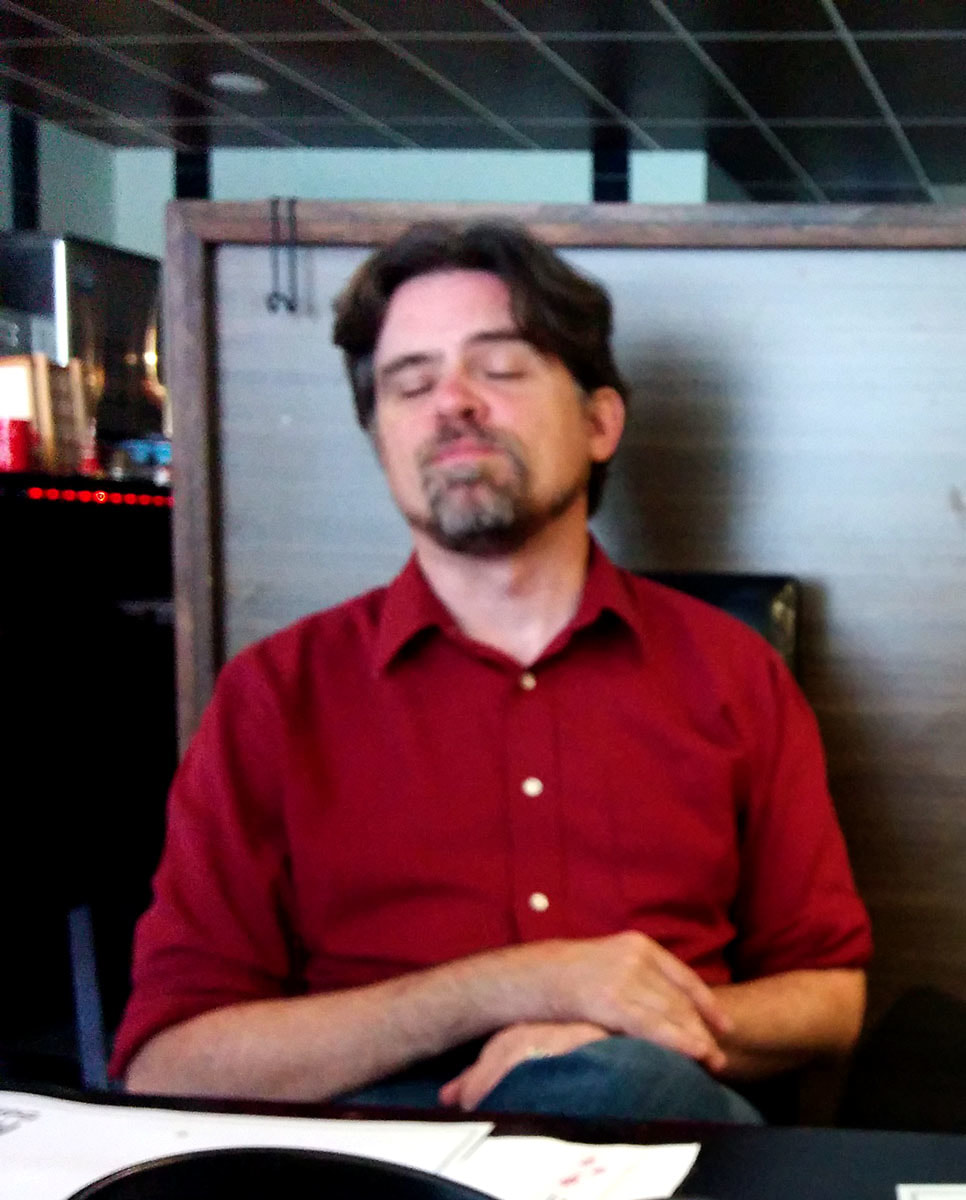
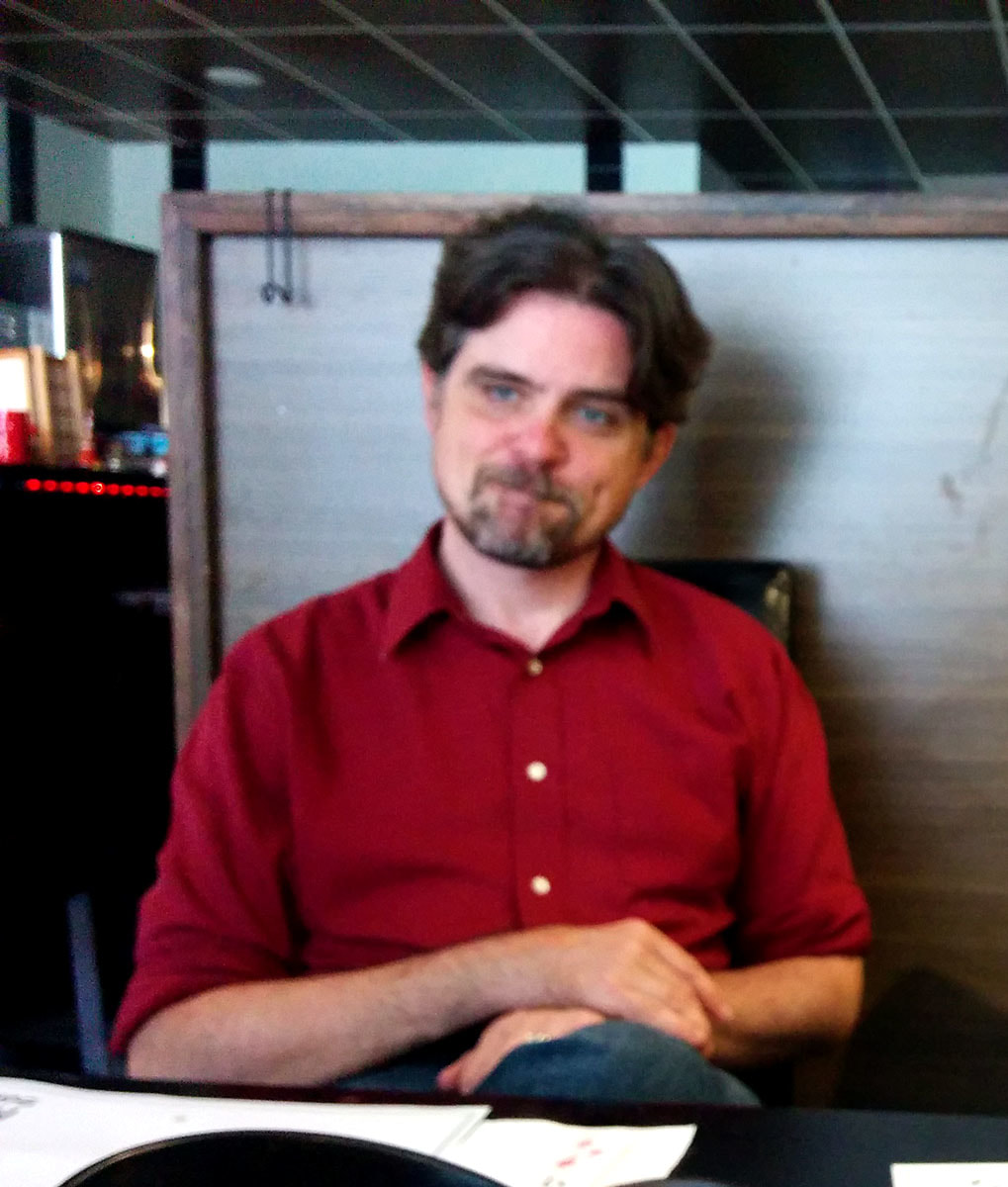
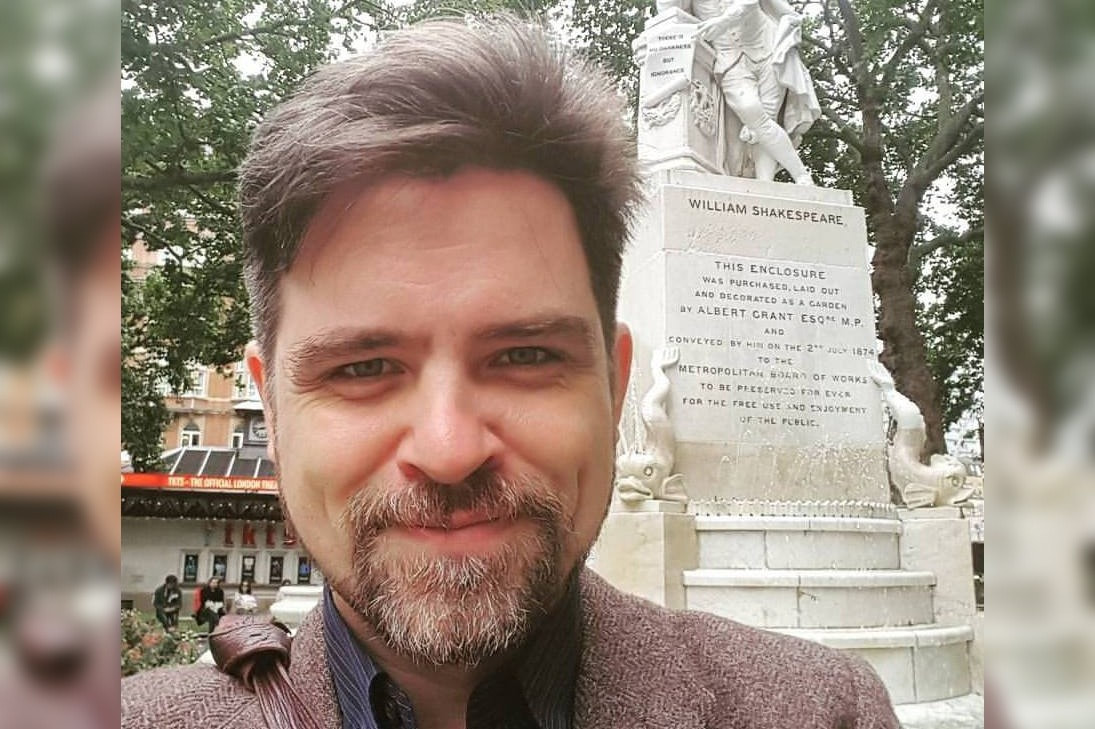
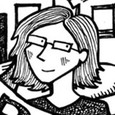
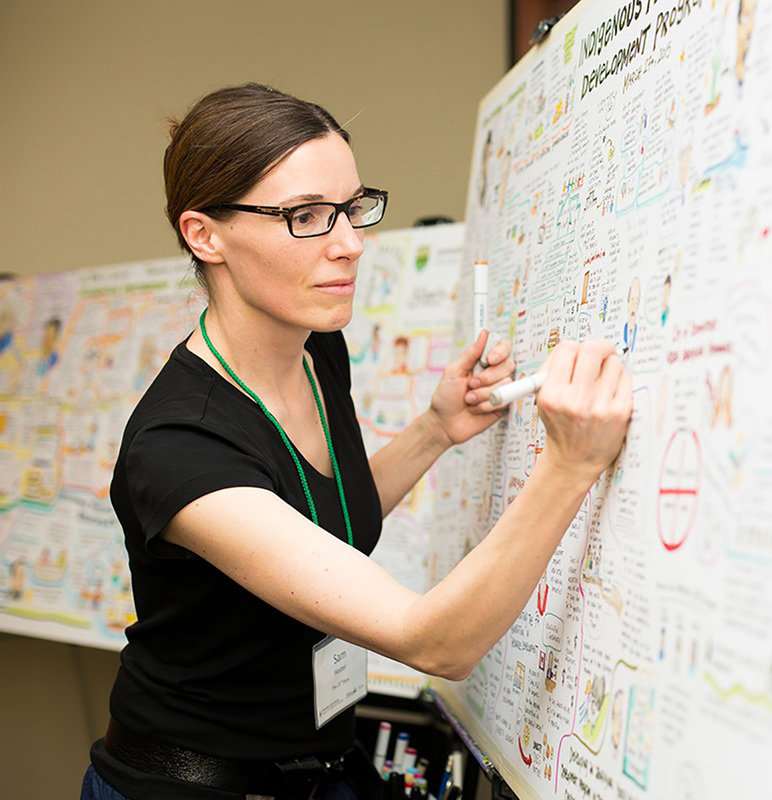
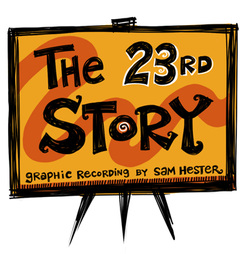
 RSS Feed
RSS Feed